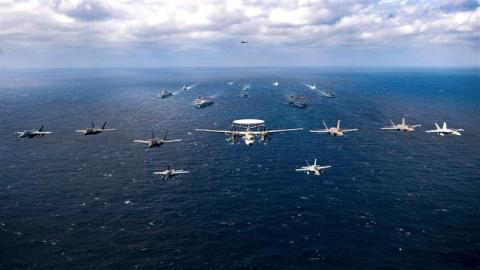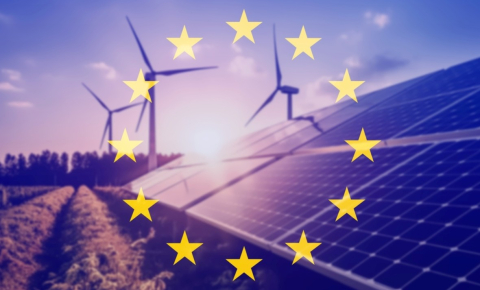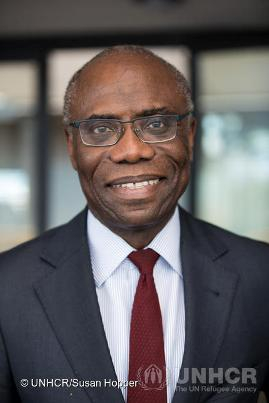
Practical information
Conference-debate with Arnauld Akodjenou, Regional Coordinator and Special Advisor for the South Sudan Situation for the United Nations High Commissioner for Refugees (UNHCR).
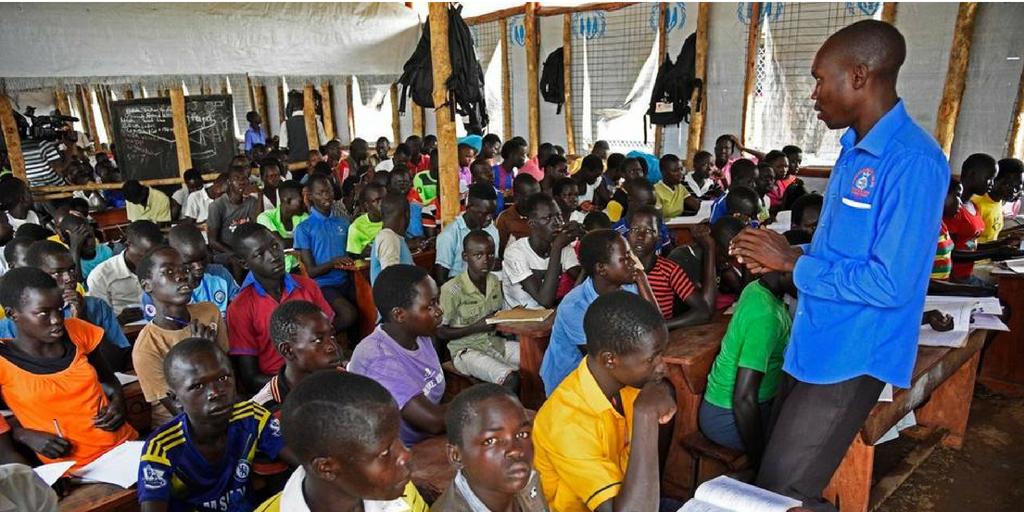
Moderation: Matthieu Tardis, Research Fellow at the Centre for Migration and Citizenship, IFRI
Since 2013, the conflict in South Sudan has forced almost 2.5 million people to flee to its six neighboring countries of the subregion that are themselves prey to tremendous socio-economic challenges. In addition, almost 2 million South Sudanese are displaced within the country. These forced displacement incidents affect more than a third of the total population of South Sudan. As the violence persists in the country, refugees and internally displaced people face a great number of challenges while it remains unlikely for them to return to their homes in the near future. There are concerns that the situation of internally displaced persons, as well as the capacity of humanitarian responses undertaken by different actors, will further deteriorate.
The objective of this conference is to present the UNHCR’s activities in the region, to shed light on the regional challenges and the need for a concerted response to the refugee crisis in South Sudan.
In partnership with the UNHCR Office in Paris


Media Relations : [email protected] / 01 40 61 60 22
Other events
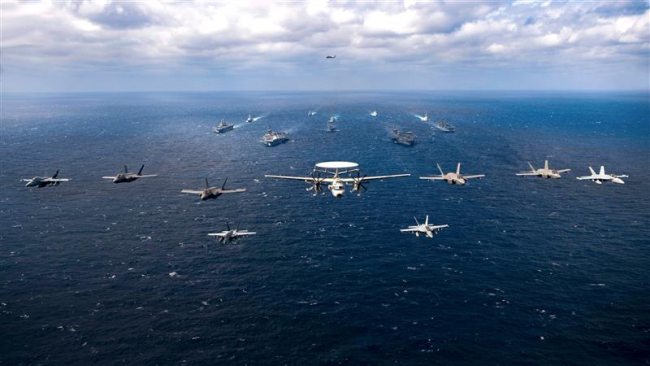
Navigating the Taiwan Strait Tensions: Perspectives from Japan, the Philippines, and France
As tensions continue to rise in the Taiwan Strait and discussions grow about hybrid frictions potentially escalating into a kinetic conflict in the coming years, neighboring countries are bracing for impact. Japan and the Philippines would be on the front lines if a crisis were to erupt in the Taiwan Strait.
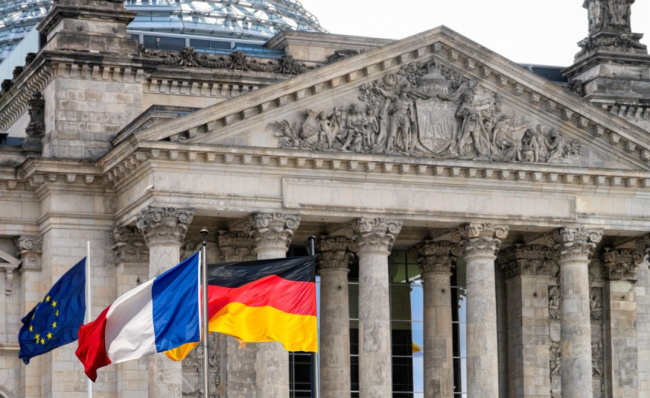
France-Germany, The Engine Under Pressure
Annual Conference of The Study Committe on Franco-German Relations (Cerfa) ─ Faced with a profoundly disrupted strategic and economic environment, Franco-German cooperation is more than ever the central pillar of Europe's future. The war in Ukraine, energy and technological dependence, and uncertainty about the strength of the transatlantic ties require urgent deepening of European sovereignty, both in terms of defence and economic and industrial competitiveness.
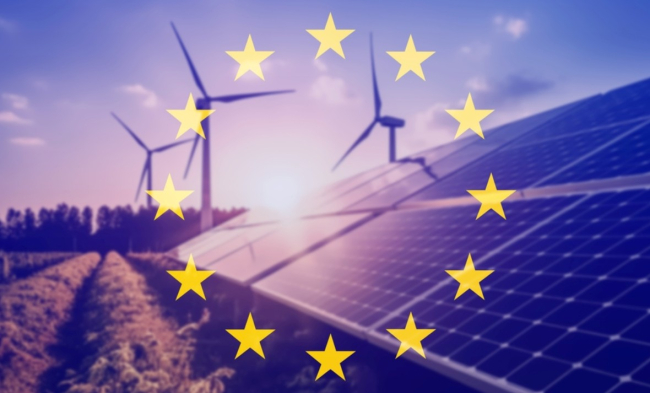
European Strategic Autonomy or New Dependence? Russian Gas, Transatlantic Pressures, and the Green Deal
European energy policy sits at the fault line of geopolitical conflict, climate obligations, and transatlantic bargaining. While Austria, Hungary, Slovakia and others remain heavily reliant on Russian gas, the EU has sought to harden its stance through sanctions -most recently with Ursula von der Leyen’s announcement of a ban on Russian LNG imports in the 19th package.





